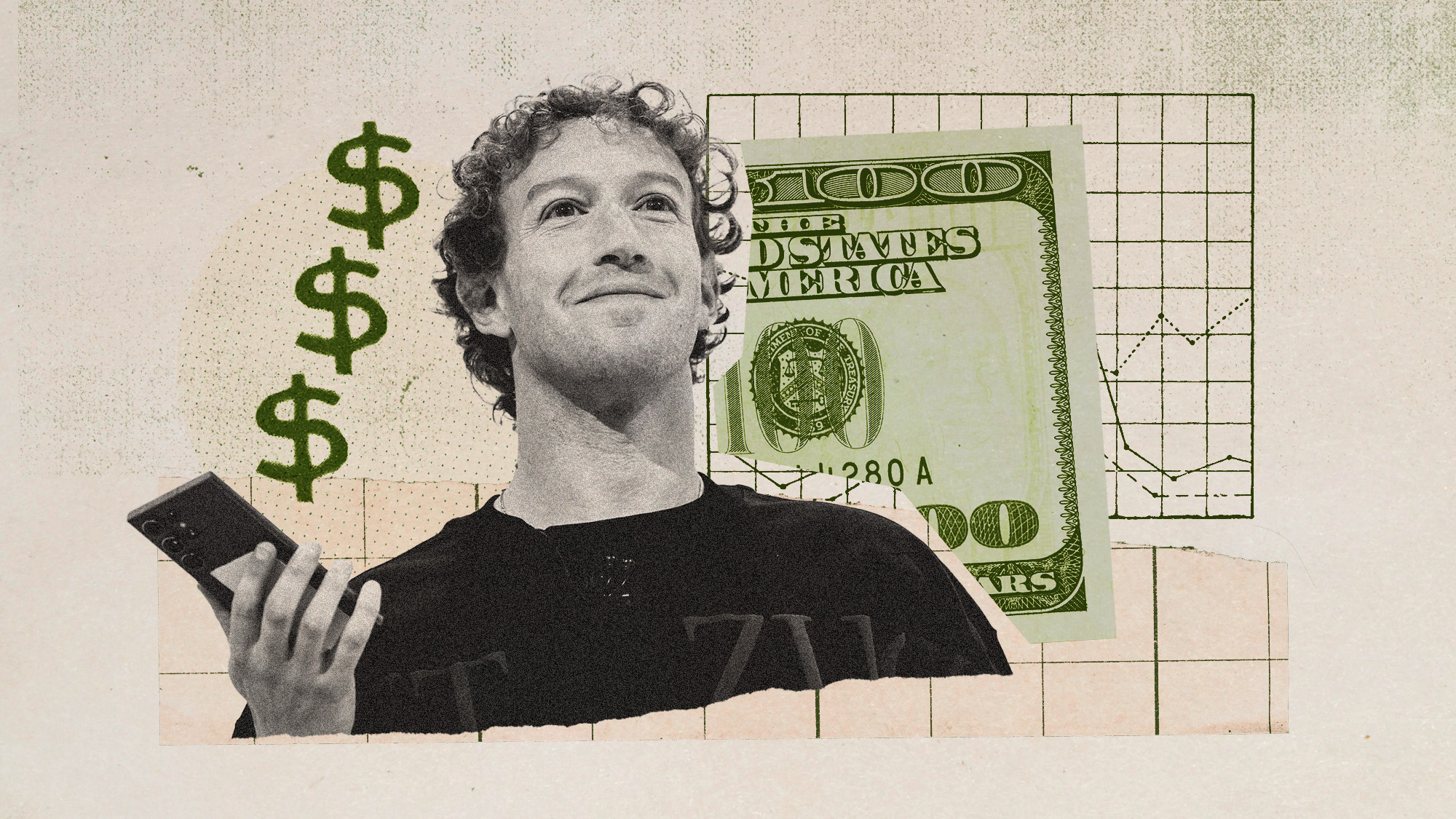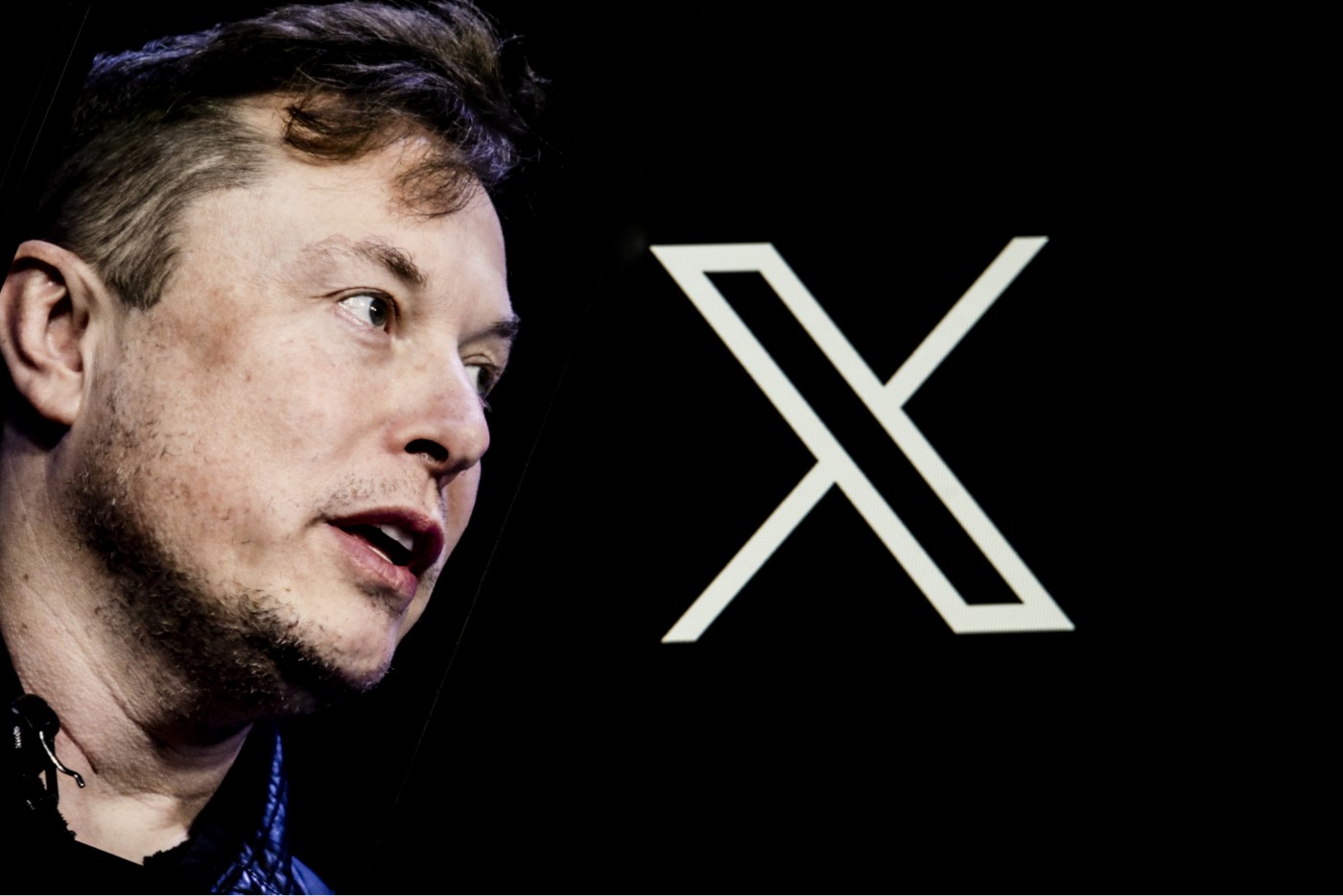Facebook to tighten political ad rules ahead of EU elections
Nick Clegg announces new safeguards around paid political adverts to prevent foreign interference in elections

A free daily email with the biggest news stories of the day – and the best features from TheWeek.com
You are now subscribed
Your newsletter sign-up was successful
Facebook has said it will strengthen safeguards around paid-for political adverts to prevent foreign interference in elections.
The world's largest social network has faced pressure from regulators and the public after last year's Cambridge Analytica scandal, in which it was revealed the company had improperly acquired data on millions of US users to target election advertising.
“Fears about misinformation and interference have intensified with elections due this year for the European Parliament and several EU countries including Belgium and Finland,” reports Reuters.
The Week
Escape your echo chamber. Get the facts behind the news, plus analysis from multiple perspectives.

Sign up for The Week's Free Newsletters
From our morning news briefing to a weekly Good News Newsletter, get the best of The Week delivered directly to your inbox.
From our morning news briefing to a weekly Good News Newsletter, get the best of The Week delivered directly to your inbox.
In response Facebook has announced new transparency tools for electoral ads that are set to be in launched before India’s elections in February then in Ukraine and Israel, before being rolled out globally before the end of June.
All political ads will now be stored in a publicly searchable library for up to seven years. This will contain information on the amount of money spent, who paid for them and the demographics of those who saw them, including age, gender and location.
Voice of America says the new tools “will also cover 'issue ads' which do not explicitly back one candidate or political party but which focus on highly politicised topics like immigration”.
In his first speech as Facebook’s new head of global affairs, Nick Clegg said the new tools would be launched in late March to help protect the integrity of EU elections in May.
A free daily email with the biggest news stories of the day – and the best features from TheWeek.com
The former deputy prime minister, who divided opinion by taking up his role at the social media giant, promised the company would also tackle political misinformation in the run-up to the EU elections with a new “war room” based in Dublin.
However, in a sign he is quickly adapting to his role as the public face of Facebook, “later in the hour-long speech, Clegg went on the offensive,” says The Guardian.
Arguing “we must avoid legitimate questions about data-driven businesses evolving into an outright rejection of data sharing and innovation”, he was “echoing [Facebook CEO Mark] Zuckerberg’s regular warning that attempts to clamp down on data harvesting by American businesses risk handing the future of innovation to China”, says the paper.
-
 Local elections 2026: where are they and who is expected to win?
Local elections 2026: where are they and who is expected to win?The Explainer Labour is braced for heavy losses and U-turn on postponing some council elections hasn’t helped the party’s prospects
-
 6 of the world’s most accessible destinations
6 of the world’s most accessible destinationsThe Week Recommends Experience all of Berlin, Singapore and Sydney
-
 How the FCC’s ‘equal time’ rule works
How the FCC’s ‘equal time’ rule worksIn the Spotlight The law is at the heart of the Colbert-CBS conflict
-
 Is social media over?
Is social media over?Today’s Big Question We may look back on 2025 as the moment social media jumped the shark
-
 Social media: How 'content' replaced friendship
Social media: How 'content' replaced friendshipFeature Facebook has shifted from connecting with friends to competing with entertainment companies
-
 Meta on trial: What will become of Mark Zuckerberg's social media empire?
Meta on trial: What will become of Mark Zuckerberg's social media empire?Today's Big Question Despite the CEO's attempt to ingratiate himself with Trump, Meta is on trial, accused by the U.S. government of breaking antitrust law
-
 What does an ex-executive's new memoir reveal about Meta's free speech pivot?
What does an ex-executive's new memoir reveal about Meta's free speech pivot?Today's Big Question 'Careless People' says Facebook was ready to do China censorship
-
 What's Mark Zuckerberg's net worth?
What's Mark Zuckerberg's net worth?In Depth The Meta magnate's products are a part of billions of lives
-
 Is the AI bubble deflating?
Is the AI bubble deflating?Today's Big Question Growing skepticism and high costs prompt reconsideration
-
 How social media is limiting political content
How social media is limiting political contentThe Explainer Critics say Meta's 'extraordinary move' to have less politics in users' feeds could be 'actively muzzling civic action'
-
 Twitter's year of Elon Musk: what happens next?
Twitter's year of Elon Musk: what happens next?In the Spotlight 'Your platform is dying', says one commentator, but new CEO is aiming for profitability next year